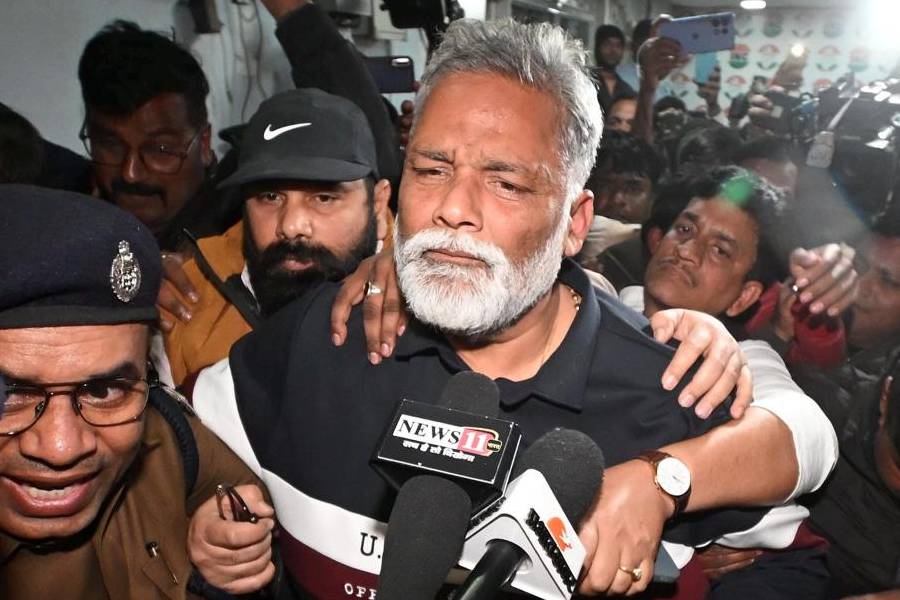There is no better tonic for a political party than electoral success. Witness the Congress, which appears today as a transformed political entity. A few months before the elections, it was conventional wisdom to see it as languishing. Its remarkable performance in the general elections has dramatically altered not only public perceptions but also the party’s self-perceptions. The Congress no longer sees itself as an also-ran. It is clear from events in West Bengal and Uttar Pradesh that the Congress in both these provinces is on the offensive. Its mode of operations may not win everyone’s approval but it is undeniable that the party has shown a kind of aggressiveness which has been singularly absent from its agenda in both the states. In West Bengal politics, the Congress has been a spectator while the political space was dominated by the Communist Party of India (Marxist) since the late Seventies to very recent times. Opposition to the communists was articulated by Mamata Banerjee, in whose eyes the Congress was nothing more than the CPI(M)’s second eleven. This situation has changed. The communists were trounced in the elections by a joint front of the Congress and the Trinamul Congress. The former came back to the Centre with a bigger majority. As a consequence of this boost in morale, the Congress actually enforced a bandh in West Bengal. This would have been unthinkable even a year ago. In UP, after allowing the two caste parties to appropriate the secular space, the Congress has decided to confront Mayavati, the leader of the Bahujan Samaj Party and the chief minister of the state. This is obvious from the utterances of Rita Bahuguna Joshi, the chief of the UP Congress, and those of Rahul Gandhi. The long eclipse of the Congress is over. It can assert itself in UP, and behind its new assertiveness is its success in the polls.
It would not be an error to read this rejuvenation of the Congress in two states where it was virtually non-existent as a sign of what might happen in the future. The Congress is eager to recover the ground it had lost through the Nineties. It now has a leadership that is not always seeking immediate gains, but is looking at increasing its bases across the country. This, it believes, will automatically bring it electoral dividends. This is the only route away from the pressures of coalition politics. It is not an easy task but it is the only stake worth playing for.











